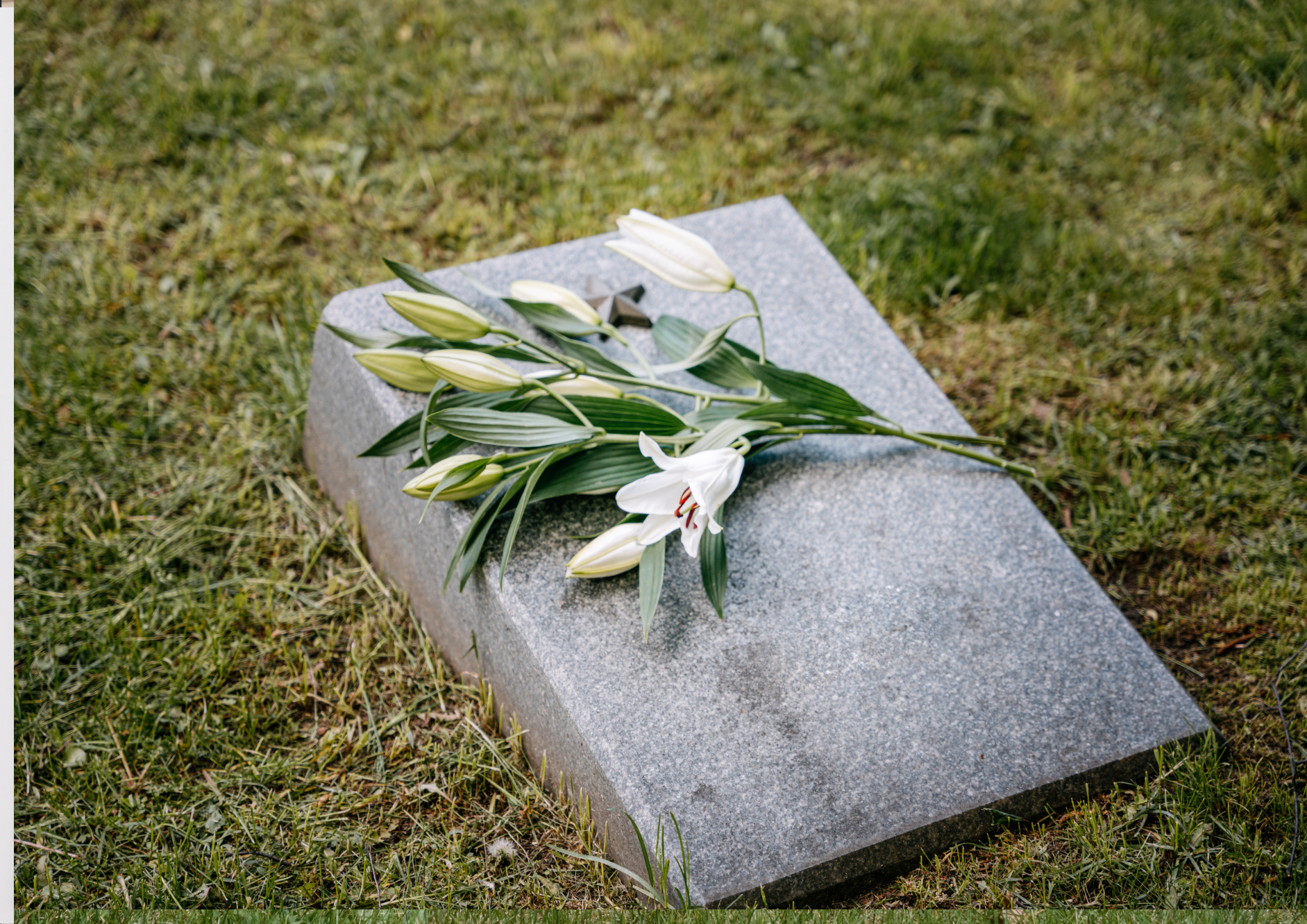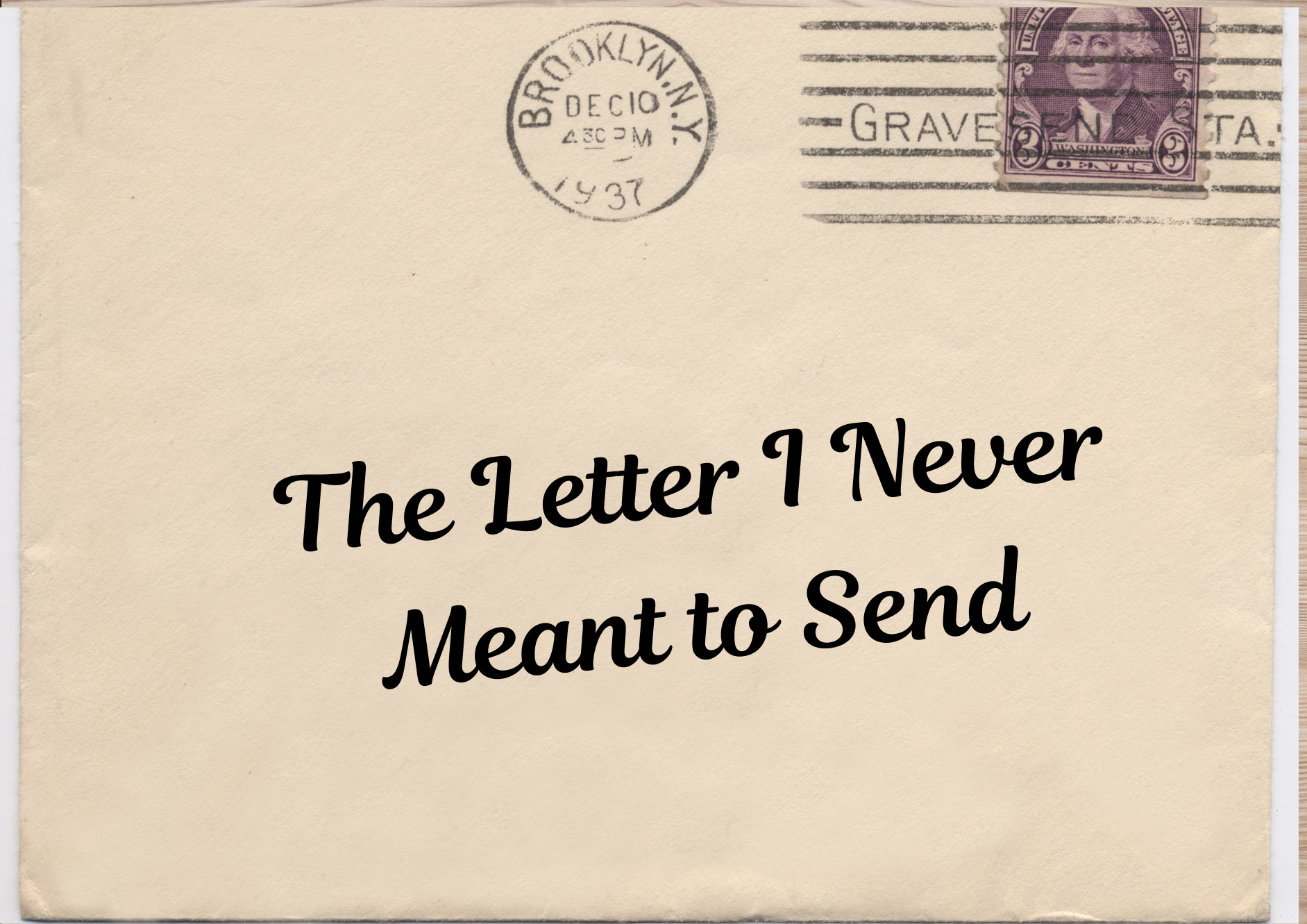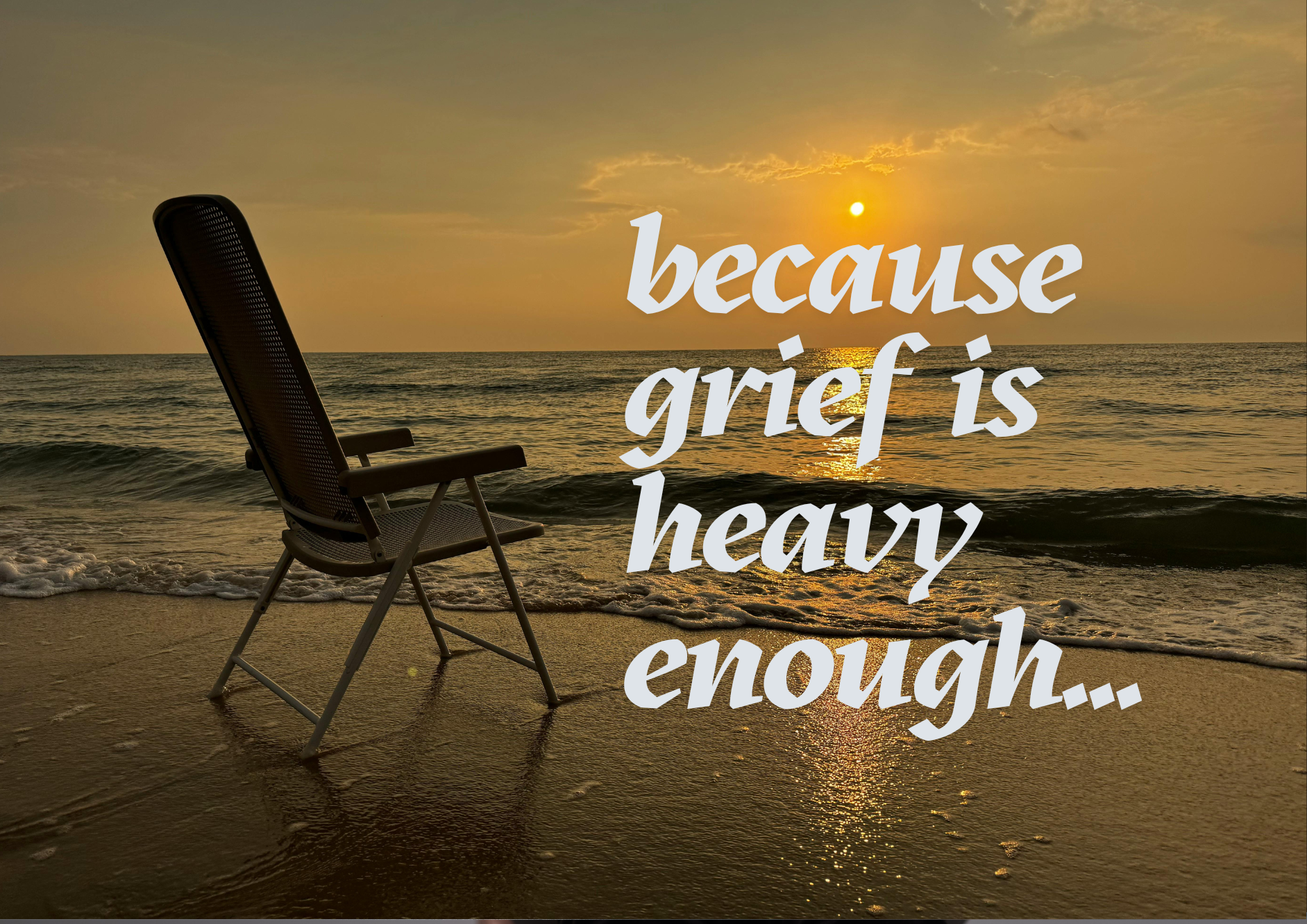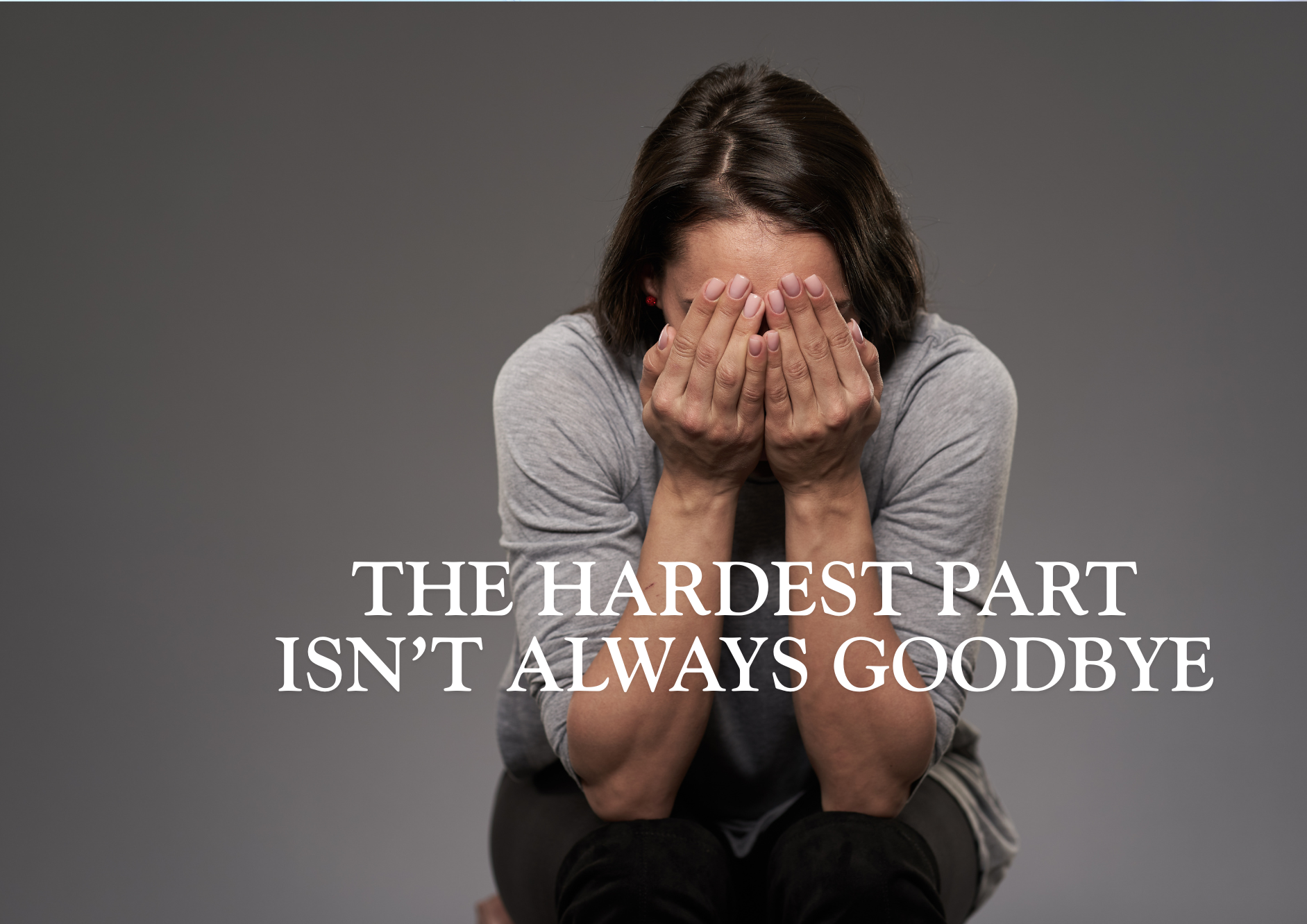By Because Love Shouldn’t End With a Bill
•
December 7, 2025
Let’s be honest. Nobody wakes up in the morning thinking, “ You know what I really want to talk about today? My funeral.” It’s not exactly coffee-and-donuts conversation. But here’s the truth: every one of us will eventually reach that moment, and when it comes, somebody has to deal with the details—and the bills. I’m not a big company with a fancy call center or a script that gets recycled from one family to the next. It’s just me—one person, on the phone, talking about something that really matters. And here’s what I’ve learned in my years of walking with families: t he hardest grief isn’t just about losing someone you love, it’s about losing them and being left with unexpected financial stress on top of the heartbreak. That’s why I do what I do. Final expense insurance, sometimes called burial insurance, is simple. It’s not about leaving behind a pile of paperwork or a big confusing policy. It’s about making sure the people you love aren’t scrambling when you’re gone. The average funeral these days costs between $7,000 and $12,000—sometimes more. That’s a lot of money to come up with quickly, especially when emotions are raw. Without a plan, families often have to dip into savings, pull out credit cards, or pass the hat. I’ve seen it happen. And I’ve seen the relief on people’s faces when they realize they don’t have to put their loved ones through that. Think of final expense insurance as your last love letter. It says: I thought of you. I planned for you. I don’t want my leaving to mean stress for you. To me, that’s not just insurance—that’s legacy. Now, I know talking about this can feel awkward. Some people joke, “I’m not planning to die anytime soon!” and I always smile and say, “Well, me neither—but the truth is, none of us get to schedule that.” Humor helps, but compassion carries us through. My promise to you is that our conversations will always be straightforward, respectful, and never pushy. I’ll answer your questions, explain your options, and help you find a plan that fits your life and your budget. This isn’t just business for me—it’s personal. I’ve seen families struggle, and I’ve seen families breathe easier because someone they loved made a wise choice ahead of time. I want your story to be the second kind. When the day comes, your family should be able to focus on what really matters: remembering your laugh, your stories, your quirks, your love—not worrying about funeral invoices. And let me say this: final expense insurance isn’t just for the elderly or those with health concerns. Whether you’re 45 or 85, it’s about preparation, peace, and care. Because let’s face it—life is unpredictable. You don’t need a million-dollar policy to show your family you love them. You just need something simple, something solid, something that says: I cared enough to make this easier for you. So yes, it’s just me—no sales force, no big office. Just one person who believes in helping others prepare for one of life’s hardest days with a little grace, a little humor, and a lot of compassion. My role is to walk with you through the options, answer the questions that keep you up at night, and help you create a plan that feels right. At the end of the day, final expense insurance is about love. Pure and simple. It’s about leaving behind peace instead of panic, dignity instead of debt. Let’s talk. I promise, it won’t be as heavy as you think—and by the end of it, you might even feel lighter.







